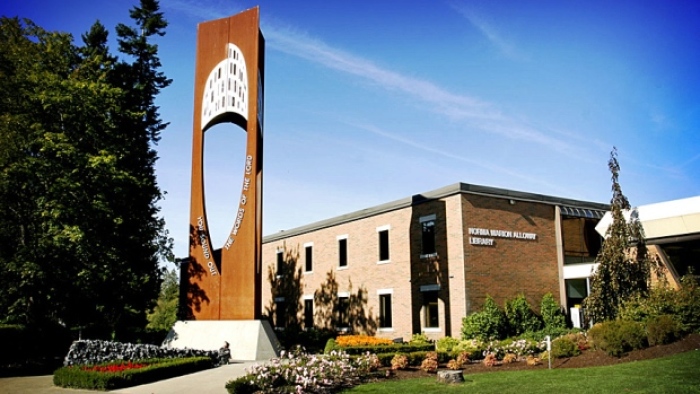Christian Law School Can't Be Denied Accreditation Over Biblical Stance on Homosexuality, Canadian Court Rules

An appeals court in Canada has ruled that an evangelical Christian law school cannot be denied accreditation because it officially opposes homosexuality.
A five-judge panel from the British Columbia Court of Appeal ruled Tuesday that denying Trinity Western University's law school accreditation was a religious liberty violation.
In a unanimous decision, the five judges concluded that the Law Society of British Columbia was "unreasonable" in denying accreditation to TWU for its position against homosexuality.
"In our view, the detrimental impact of the Law Society decision on TWU's right to religious freedom is severe. The legal education of TWU graduates would not be recognized by the Law Society and they could not apply to practise law in this province. TWU's religious freedom rights as an institution are also significantly impacted by the decision," concluded the Court of Appeal.

"State neutrality is essential in a secular, pluralistic society. Canadian society is made up of diverse communities with disparate beliefs that cannot and need not be reconciled."
A Canadian-based Christian university, TWU has found itself in legal battles in multiple Canadian provinces over its theologically conservative stance on sexual ethics.
At specific issue is the university's Community Covenant, which requires students and faculty to "voluntarily abstain" from "sexual intimacy that violates the sacredness of marriage between a man and a woman."
"The university's mission, core values, curriculum and community life are formed by a firm commitment to the person and work of Jesus Christ as declared in the Bible," reads the covenant.
"The community covenant is a solemn pledge in which members place themselves under obligations on the part of the institution to its members, the members to the institution, and the members to one another."
The Community Covenant also calls for its community to abstain from "gossip, slander, vulgar/obscene language," ... "stealing, misusing or destroying property belonging to others," ... "drunkenness, under-age consumption of alcohol, and the use or possession of illegal drugs."
In addition to British Columbia, TWU has also faced litigation over their accreditation in Ontario and Nova Scotia, receiving mixed results from the lawsuits in those provinces.
For example, last year the Divisional Court of the Ontario Superior Court of Justice ruled against TWU's effort to get accreditation, arguing that the Law Society of Upper Canada was right to reject the law school's accreditation because the Covenant is "discriminatory."
"The fact remains that the effect of the Community Covenant is to exclude certain persons from eligibility for all of the spaces available at TWU's law school," ruled the Ontario Superior Court.
"That reduces their opportunities for acceptance to law school in comparison with all other persons, and it does so on a discriminatory basis."
TWU is being represented in part by the Evangelical Fellowship of Canada and Christian Higher Education Canada. This is because the university is an affiliate of the EFC and a member of the CHEC.
Regarding Tuesday's decision, EFC President Bruce Clemenger said in a statement that the court of appeal's ruling was a victory for religious liberty.
"The EFC is delighted that the religious liberties of all Canadians have been upheld, including evangelical Christians. Evangelicals contribute to all aspects of Canadian society, including law," stated Clemenger.
"This judgment is a strong affirmation of Canada's religious diversity and the right of everyone to contribute to Canadian society without compromising their religious beliefs."




























